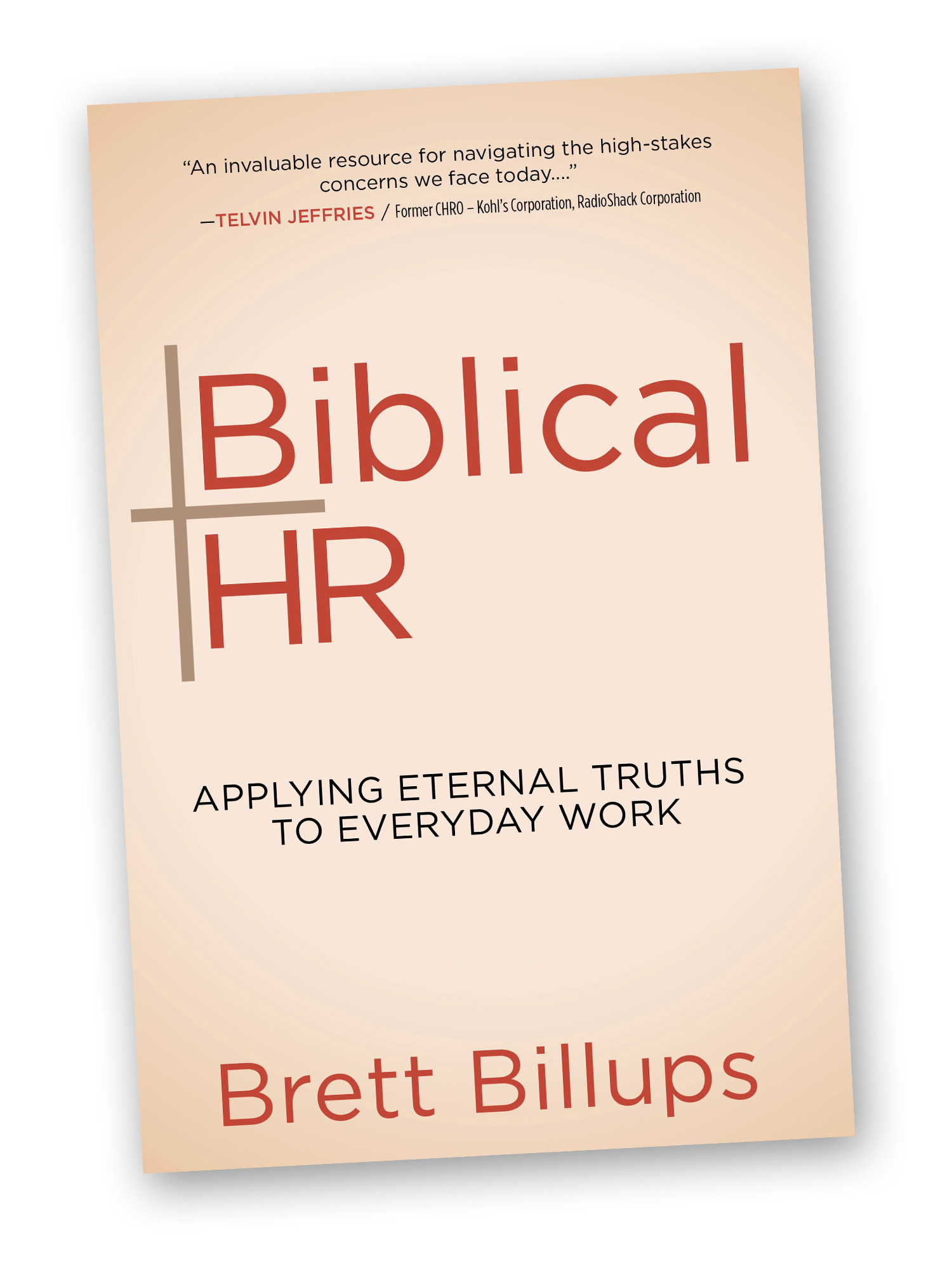When I began digging deeper into this issue of weariness in the workplace, I underestimated the ultimate path it would take. There are multiple definitions and levels of weariness. There is physical, mental, and spiritual weariness. There is weariness that can be classified as being tired after a long day at work. Weariness can be a level of spiritual depression. There is also a weariness that comes from long-term workplace stress. (There are similarities between the two but enough of a difference to warrant another post; see also Chapter 19: Workplace Stress.)
Physical weariness due to strenuous activity is arguably the easiest to remedy, provided the time is given to recover. Scripture is clear in pointing out that physical rest is important. The primary example of this is that God rested on the seventh day and instituted a day of rest for us. (Genesis 2:1-3). In 1 Kings, Elijah fled for his life from Jezebel and God tended to him for 40 days and 40 nights to provide rest for him (1 Kings 19:1-8). Also, during this time, an angel of the Lord made an interesting statement, recorded in verse 7, “Arise, eat, because the journey is too great for you.” What a great reminder that we cannot rely on our own strength! God cares for us and provides us with the physical and spiritual sustenance to persevere in times of trials. In His earthly body, even Jesus needed physical rest and sustenance (Mark 4:35-41; Luke 8:22-25).
However, physical weariness beyond our control, perhaps due to a long-term physical ailment or the daily demands of a physical job, are more difficult to address, as are the mental, emotional, and spiritual toll that trials and situations can take on a believer.

